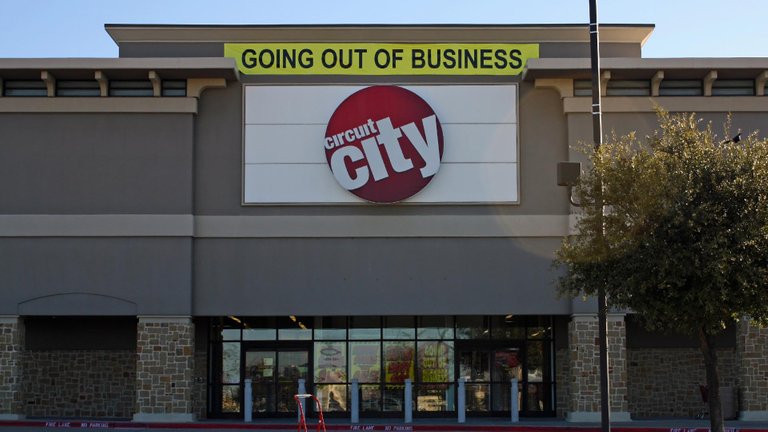
Things change. Want proof? How many companies that you know today will be in business 30 years from now? Judging by history, many will be gone—and the names may shock you. Apple, McDonalds, Verizon, Costco, Target, Facebook—any or all of these giants could be gone by 2047. Let’s just go back in time to 1987 to see which companies seemed too big to fail and are now gone.
Once Great Brands, Now Gone:
Pan American
Also known simply as Pan Am, this was once the world’s greatest airline. This company helped shape the international airline industry by launching the first widespread use of jumbo jets and computer reservation systems.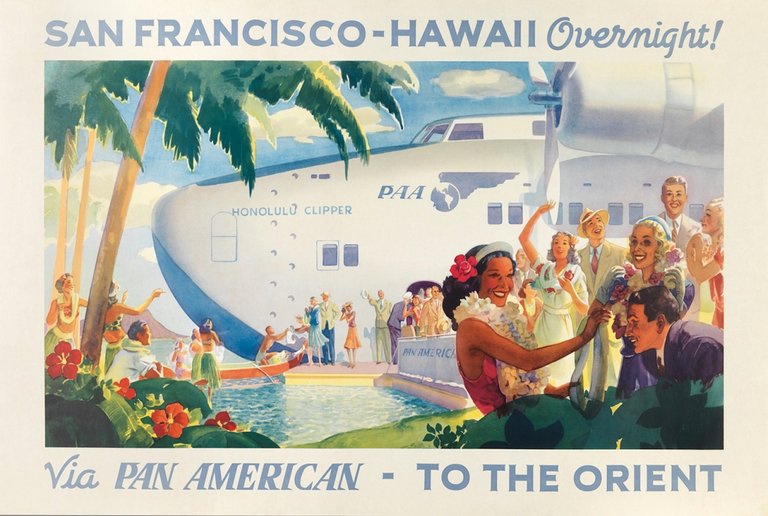
The brand became a cultural icon and by its peak in the early 1970’s it had over a billion in cash reserves, which in 1970’s dollar was a lot more than a billion today. By 1991 this once great company ceased operations.
Kodak
A well-known company throughout the 20th century in photography circles, they got started to late switching over to the digital age. They filed bankruptcy in 2012. But if you saw them in 1976, they dominated 90% of film sales in the U.S. and 85% of camera sales.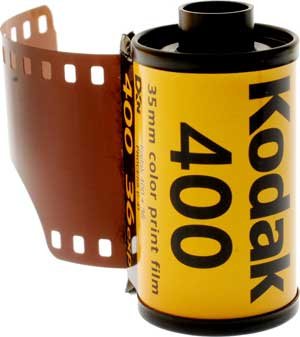
Who could predict the mighty would fall so fast?
Woolworth’s
This used to be one of the greatest, if not greatest retail companies of all-time. It set trends. The Woolworth building in New York City was the tallest skyscraper in the world from 1913 to 1930. By 1979 Woolworth’s was the largest department store chain in the world according to the Guinness Book of World Records. Market share slowly started to erode and by 1993 they closed half of their 800 remaining locations. A rapid decline continued from there and the company was soon bought out and is now just a memory to Baby Boomers.Blockbuster
If you wanted to rent a movie, this is where you used to go. At its peak, Blockbuster employed over 84,000 people and had more than 9,000 stores. It didn’t take long for Netflix and online video on demand to crumble this once great empire.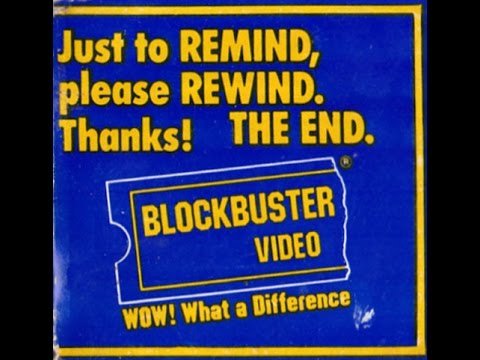
Despite the fact there a still a handful of physical stores left in Alaska* (where the internet during the long winter isn’t as reliable), the brand is dead and it’s not coming back.
Circuit City
An electronic conglomerate, there were sprawling 30,000 sq. feet retail locations spread out in every city in America throughout the 1990s. The big box strategy eventually failed them as they couldn’t distinguish themselves from other Best Buys, Home Depots, Sears, and Lowes. Their last-ditch effort to cut costs by lowering employee wages from $8.75 an hour to $7.40 only accelerated the loss of sales. By 2009 Circuit City was done.Compaq
This once giant computer company rose to prominence in the 1980s and 90s, but at the turn of the century began to struggle with lower cost alternatives such as Dell, Toshiba, and Acer. Sales slowed and they were bought out by HP in 2002 and the brand was finally discontinued in 2013.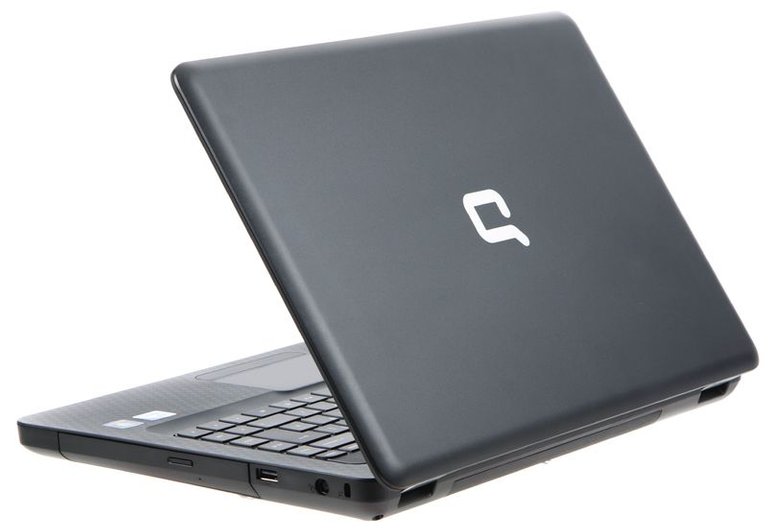
If I told you in 1987 that all the above companies would be defunct within a generation, you’d have called me crazy. But this is just a small sample of once-great companies that are no longer great. I could mention Polaroid, Borders, Enron, Remington Typewriters, Napster—you get the idea.
Success today does not guarantee tomorrow’s success.
Rest on your laurels, no matter how big you are, and all your success will start to fade away. If Kodak, Woolworth's, and Pan Am had and used my Business Builder Package, they'd still be alive today—bigger than ever.
If you want to expand your business—no matter how big or small it is—take advantage of this deal.
Leave in comments below a once great company you thought would never be out of business, but now is.
Be great,
GC
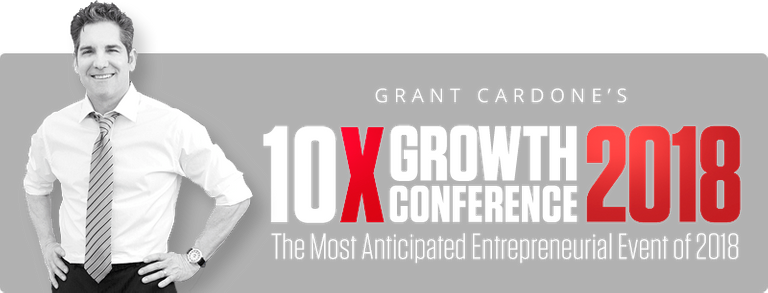
Grant Cardone is a New York Times bestselling author, the #1 sales trainer in the world, and an internationally renowned speaker on leadership, real estate investing, entrepreneurship, social media, and finance. His 5 privately held companies have annual revenues exceeding $100 million. Forbes named Mr. Cardone #1 of the “25 Marketing Influencers to Watch in 2017”. Grant’s straight-shooting viewpoints on the economy, the middle class, and business have made him a valuable resource for media seeking commentary and insights on real topics that matter. He regularly appears on Fox News, Fox Business, CNBC, and MSNBC, and writes for Forbes, Success Magazine, Business Insider, Entrepreneur.com, and the Huffington Post. He urges his followers and clients to make success their duty, responsibility, and obligation. He currently resides in South Florida with his wife and two daughters.
Its interesting to note that Kodak all but invented digital photography in the seventies with some really valuable patents around OLED montior technology. They could have adapted and DOMINATED ditigal photography. But they saw themselves as a chemical company, selling high margin film for cameras they were practically giving away. Kodak saw digital photography as a potential drag on profits! Oops.
Every company needs to adopt a continuous innovation cycle. Startup/Compete/Scaleup/then transition to new trends! Here's a visual representation of the process:

Stagnation is death! As business leaders its our duty to the companies we represent to keep a keen eye on the future for competitive threats and new ways to re-imagine our business!
Sports Authority also recently went "tits up" also... Such a huge company!
Me personally, I REALLY miss BlockBuster & their competitor HollywoodVideo...
That makes me feel old saying that but I'm only 22 years old :D
It's unfortunate, just how hard it is to keep a business up and running nowadays. I have a small business (Seat of the Soul Supplements LLC) and I use to get dozens of supplement orders a month, and I've helped change a lot of lives with the supplements I make, but now I am considering my other options which is a bummer because I'm so passionate about what my supplements can provide for peoples' health and well-being...
It goes to show that no one is too big to fail. Some people seem to think that if they were really successful with something that it would be smooth sailing from there on, but it takes just as much work to maintain and grow. That's why you always have to stay hungry.
Toys'R'Us is headed the same direction. They outsourced their online market to Amazon in the 2000s. In doing so they purposefully chose not to innovate in a changing market.
I read an interesting article a couple of days ago comparing Amazon to Sears. http://fortune.com/2017/09/25/amazon-sears-parallels/
It goes to show that the size of a business does not matter nearly as much as its momentum.
Several automotive brands come to mind. Rover seemed like it was the 2nd or 3rd biggest brand of car in the UK when I was growing up there; but now it is long gone and perhaps for good reason. Likewise, a Saab was a car that many ambitious people would strive to own, but that's gone for good as when GM had to get its house in order, it was quickly discarded.